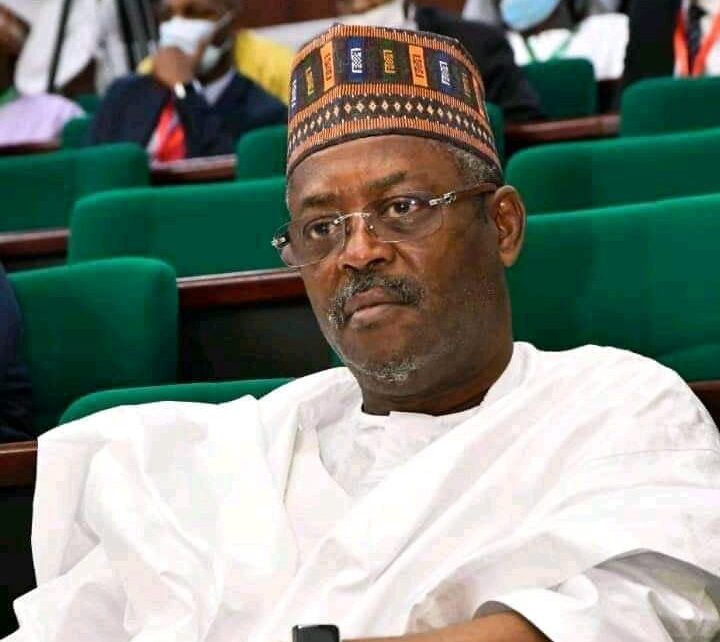The Chairman, House of Representatives Committee on Petroleum (Downstream), Abdullahi Gaya, has assured Nigerians that it would handle companies who imported off-spec Premium Motor Spirit into the country.
Gaya spoke during an engagement with the management of the Nigerian National Petroleum Company Limited, organised by the committee on the current fuel situation in the country.
Gaya, in a statement by the NNPC Group Spokesman, Garba Muhammad, on Wednesday, said erring suppliers would be sanctioned.
While briefing the Committee, Group Managing Director, NNPC, Malam Mele Kyari, explained that the situation was caused by the discovery of methanol in PMS cargoes shipped to Nigeria under the subsisting commercial contract operated by the NNPC and its partners.
According to the GMD, the reason why tests did not reveal methanol presence was because Nigeria’s specifications do not include methanol.
“We are a law-abiding company. There is no way we could have known about the methanol presence.
“The only way we could have known about it is if our suppliers, in good faith, made the disclosure to us.
In this particular instance, the discovery was made by our inspection agents who noticed the emulsification at the filling stations and brought it to our attention.
“Subsequent investigation revealed that the four cargoes which are all from the same source also contained methanol-blended PMS,” Kyari added.
He said the NNPC then moved swiftly to trace all the affected products and quarantine them.
While assuring the Committee and Nigerians that measures have been put in place to accelerate fuel supply and distribution, he said it had placed significant orders of over 2.1 billion litres of methanol-free PMS to ensure the queues vanished in a few days.
He pledged that NNPC would co-operate with the Committee and the Nigerian Midstream and Downstream Petroleum Regulatory Authority to get to the root of the matter.
The NNPC CEO also expressed deep empathy with Nigerians on the current situation and assured that adequate measures have been put in place to maintain supply sufficiency and prevent future occurrence.
